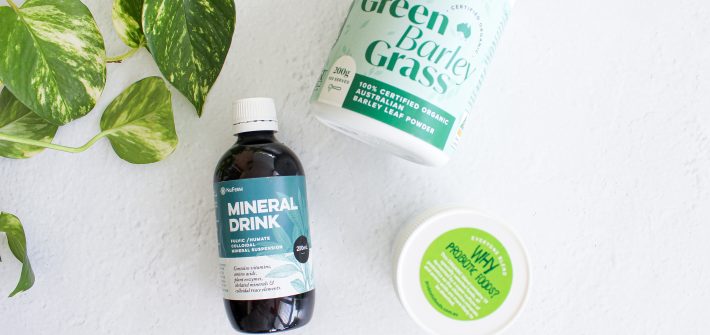Nearly all processes and structures in the body require minerals in order to function at their optimum level. They also play a role in muscle action and nerve transmission. You need a wide variety of minerals to help support the wide variety of different jobs, including building bones, making hormones and regulating your heartbeat.
USDA actually reports that statistically speaking you have a greater than 90% chance of being deficient in your vitamins and minerals. While we know that exercise is good for the body, it is also important to know that vigorous exercise depletes the body of essential micronutrients so it’s important to top up! When someone is mineral deficient, they are more prone to accumulate and not release heavy metal toxins.
Types of Minerals
There are two kinds of minerals: essential minerals and trace minerals.
Essential minerals are minerals your body needs in larger amounts. They include calcium, phosphorus, magnesium, sodium, potassium, chloride and sulphur.
Trace Minerals are minerals your body needs in just small amounts. These include iron manganese, copper, iodine, zinc, cobalt and selenium.
It is important to note that the minerals cannot function on their own and work in sync with one another to keep our bodies charged! If you are lacking in minerals or deficient in a particular mineral you can become run down very quickly.
The minerals in our commercial food crops have declined by as much as 85% in the last 100 years. Our fresh produce today isn’t like it was in our ‘grandparents’ era. Not only is there limited nutritional value in todays food it also comes with added chemicals that are detrimental to our wellbeing. We advise you choose organic fruit & vegetables wherever possible.
|
|
|


